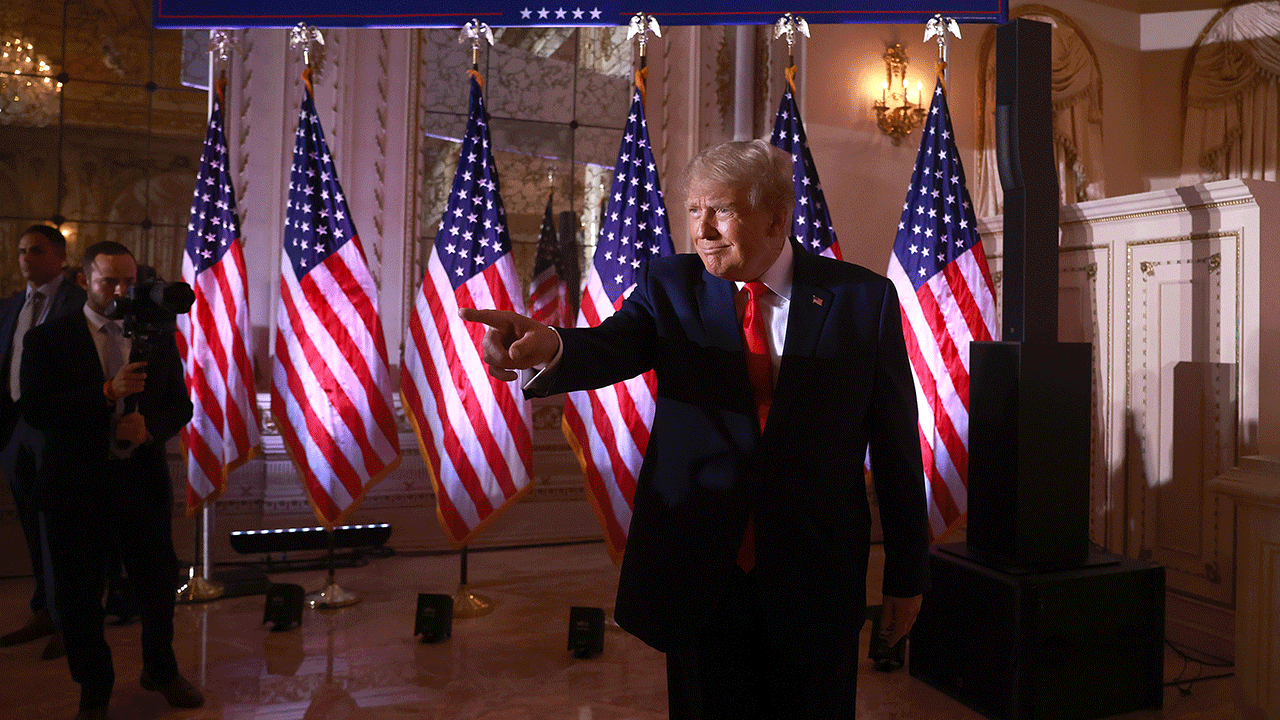
In a dramatic and politically charged overnight session, Senate Republicans have cleared a major hurdle by passing a sweeping legislative package that encapsulates former President Donald Trump’s second-term economic and policy vision. Dubbed the “One Big Beautiful Bill,” the legislation is now on its way to the House of Representatives — but not without heavy political maneuvering, tight vote margins, and deep intra-party tensions.
So what’s in this bill? Why is it causing such a stir? And what happens next? Let’s break it down.
🇺🇸 What Is the “One Big Beautiful Bill”?
The bill — formally titled the “American Prosperity and Security Act” — is a cornerstone of Trump’s revived MAGA platform in his second term. The legislation spans over 900 pages, and blends together major economic, social, and national security measures. Here’s what it includes:
- Permanent extension of Trump’s 2017 tax cuts
- New tax exemptions on tips, overtime, and small business income
- Massive boost in defense and border security funding
- Rollback of environmental regulations
- Reforms to Medicaid and entitlement programs
- Incentives for domestic energy production
This sweeping bill aims to consolidate several priorities into one “must-pass” package, giving Republicans a massive legislative victory — if it can clear the House.
⚖️ The Nail-Biter in the Senate
Late Monday night, the bill passed the Senate by the slimmest of margins: 51–50. Vice President J.D. Vance cast the tie-breaking vote after hours of negotiations and backroom deals.
❌ 3 Holdouts Delay Progress
Initially, three key Republicans — Susan Collins (Maine), Rand Paul (Kentucky), and Thom Tillis (North Carolina) — opposed the bill.
- Collins raised concerns about Medicaid cuts
- Paul argued it would balloon the national deficit
- Tillis demanded stronger accountability provisions for spending
In the end, two were persuaded by last-minute amendments and funding promises. Paul held out, voting no.
📉 What Critics Are Saying
Economists, policy experts, and political opponents have flagged major red flags:
💰 Deficit Fears
According to projections by the Congressional Budget Office (CBO), the bill could add $3.3 to $5.4 trillion to the national deficit over the next 10 years.
🏥 Healthcare Impact
The proposed entitlement cuts could result in 11 to 17 million Americans losing Medicaid coverage, critics warn. Hospitals and health advocacy groups have voiced strong opposition.
🌍 Environmental Concerns
Environmental groups slammed the rollback of key green energy credits, saying the bill “prioritizes fossil fuels and ignores climate urgency.”
🧭 Next Stop: The House of Representatives
With the Senate hurdle crossed, the bill now heads to the Republican-controlled House, where it faces fresh challenges.
🗣️ Divided GOP
- Moderates are nervous about healthcare cuts and debt ceiling implications.
- Hardliners are pushing for even deeper cuts to social spending.
A vote is expected before July 4, in time for Republicans to tout a patriotic victory — but any changes by the House could force the bill back to the Senate or into a conference committee.
🔊 Public & Political Reactions
💬 Trump Responds
In a Truth Social post, Trump declared:
“A MAJOR WIN! The Senate just passed the most important bill of our lifetime. Next up: the House. Let’s get it done for the American people! #MAGA2025”
🧓 Democrats Push Back
Senate Minority Leader Chuck Schumer called the bill “a reckless assault on working families,” promising a national campaign to fight its impact on healthcare, climate, and the middle class.
🧠 Experts Weigh In
Policy analysts describe the bill as one of the most ambitious — and risky — single pieces of legislation in decades.
📸 What This Means for Americans
If passed into law, the “One Big Beautiful Bill” would:
- Reduce taxes for millions — especially gig workers, tipped employees, and small business owners.
- Expand border wall funding and ICE resources.
- Slash Medicaid funding, affecting low-income families and seniors.
- Eliminate several climate tax credits, making EVs and solar more expensive.
- Spark likely lawsuits over environmental and entitlement changes.
📅 Why the July 4 Deadline Matters
The timing isn’t accidental. Republicans are aiming to:
- Cement a legislative win ahead of Independence Day
- Energize their base for upcoming midterms
- Preempt Democrats from reshaping the narrative
🔍 Final Thoughts
The passage of this bill through the Senate marks a defining moment in American politics. It’s a bold, controversial attempt to reshape the nation’s economic and social fabric — and whether it succeeds now depends on how House Republicans handle the pressure.
Will the House follow the Senate’s lead? Or will political division delay the GOP’s biggest legislative gamble?
Stay tuned — we’ll be updating you with every twist and turn.





